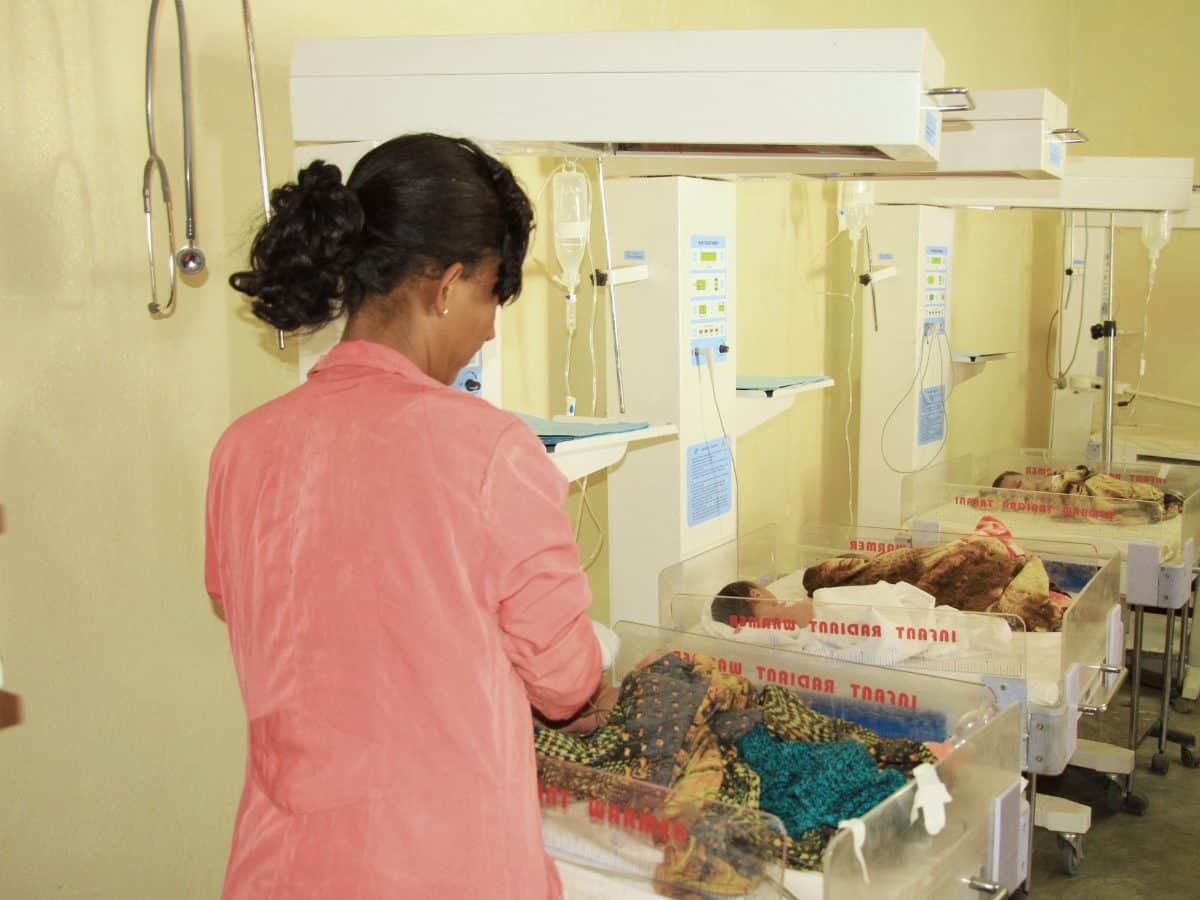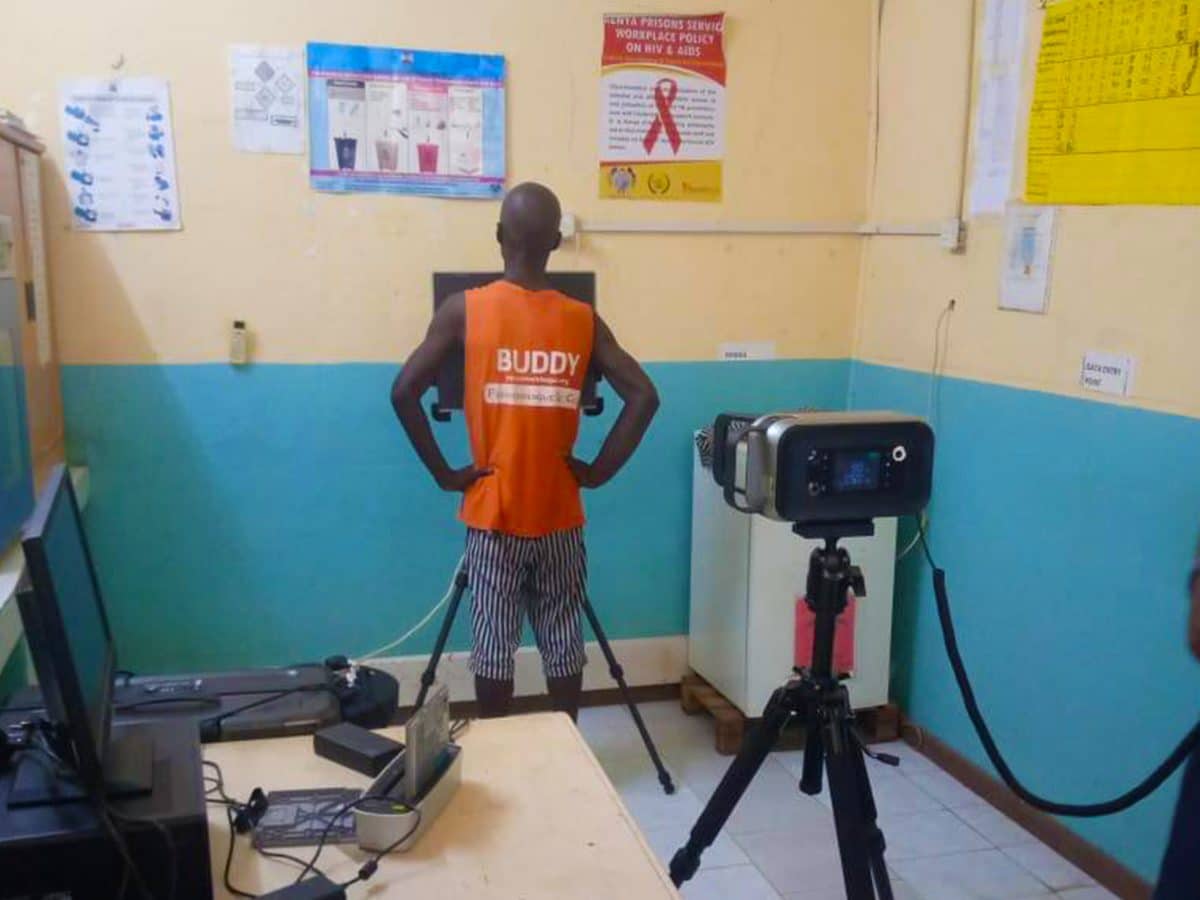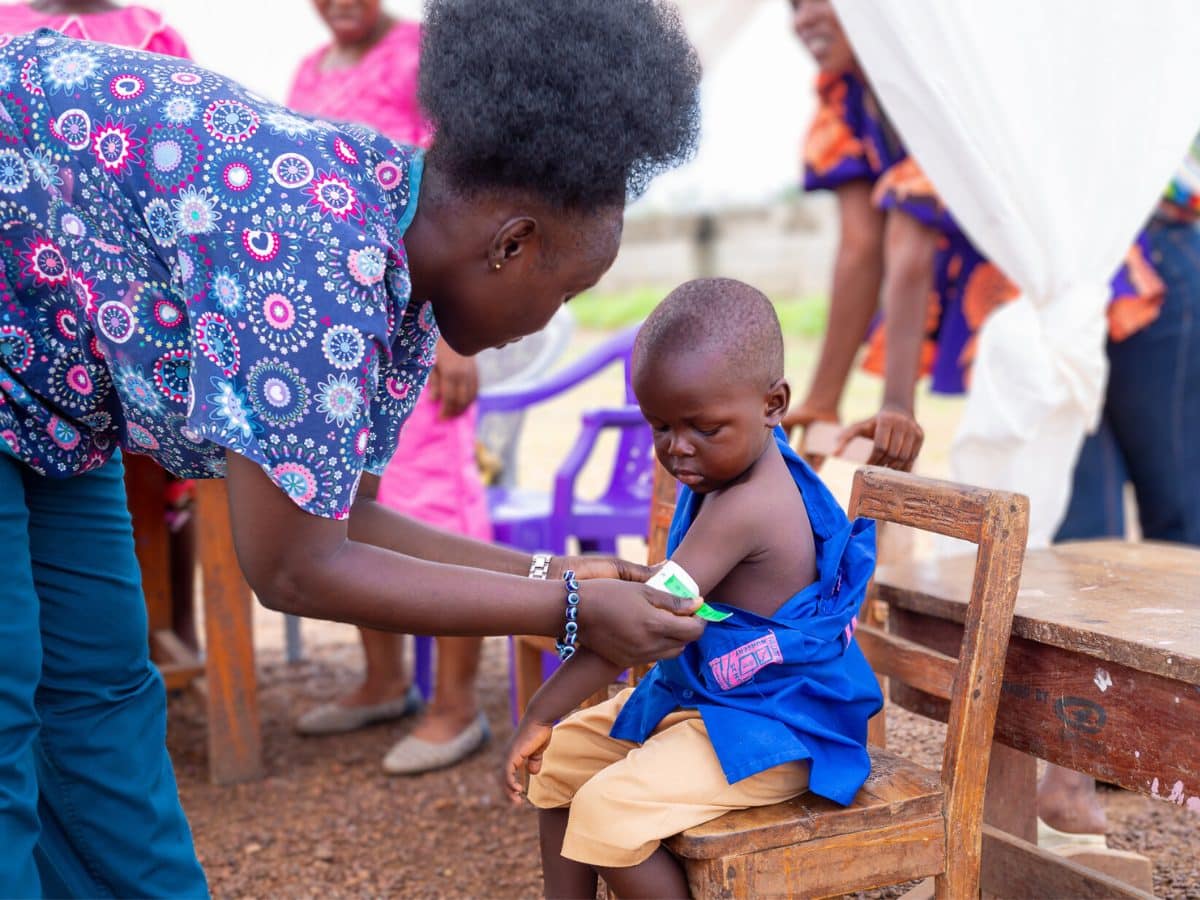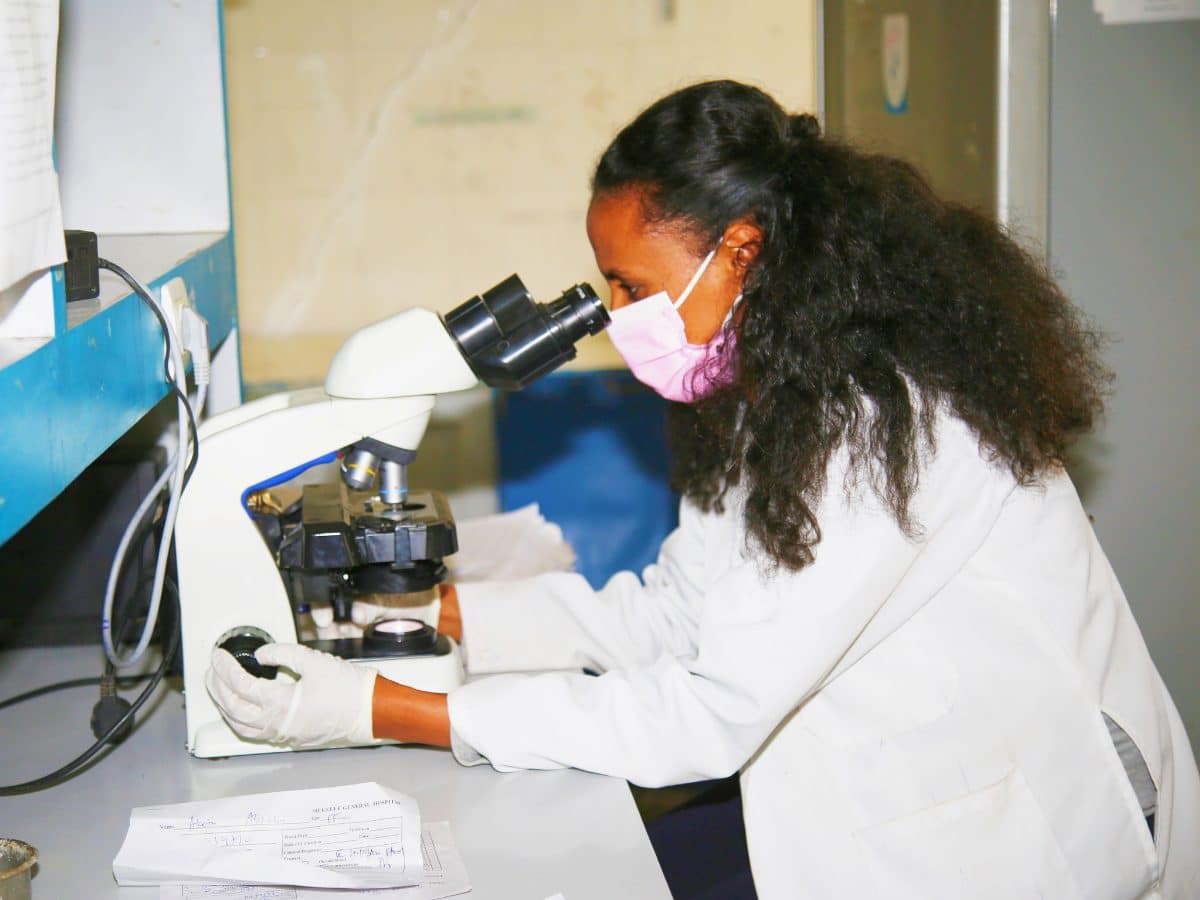On July 23, 2020, ICAP in Nigeria initiated its first virtual trainings to build local expertise in the testing of blood specimens from clients testing HIV positive for the first time to help understand the trajectory of the HIV epidemic in real-time. Identifying individuals with recently acquired HIV infection through routine recency surveillance is the first step in characterizing interventions to improve health outcomes for the infected person and prevent viral transmission to their sexual and injection drug use partners.
“At a time when Nigeria is facing two public health emergencies, namely COVID-19 and HIV, identifying people with undiagnosed HIV infection, especially those who have been recently infected, could not be more important,” said Adewale Akinjeji, ICAP country director in Nigeria. “By continuing these trainings of frontline health workers, Nigeria’s health system is able to better understand where and among whom recent infections are occurring and target prevention efforts.” By leveraging digital meeting platforms and online teaching pedagogy, ICAP’s technical experts and trainers are able to safely deliver trainings to public health officials working in HIV recent infection surveillance during the ongoing COVID-19 pandemic in Nigeria and beyond.
“With stringent global restrictions on travel and public gatherings in place to halt the transmission of COVID-19, our training team needed to quickly retool our training delivery systems so we could restart HIV recency testing in countries we support, including Nigeria. Adopting an approach with a mix of online sessions, videoconference classrooms, and integrated content management, our training team was able to participate in real time from home offices around the world,” said Claire Steiner, health information advisor for ICAP at Columbia University. “Additionally, this training approach protected the health of our students, greatly reducing the amount of time needed for in-person training and unnecessary risk of exposure to COVID-19.”
Through the implementation of recency testing at a systems-level, the Tracking with Recency Assays to Control the Epidemic, or TRACE, project offers the Ministry of Health valuable data to help understand the trajectory of the HIV epidemic in Nigeria in real-time. At a population level, knowing where and among whom recent infections are occurring can inform rapid action to prevent new infections through precision prevention efforts as well as targeted interventions to improve treatment adherence and retention in HIV care.
With funding from the U.S. President’s Emergency Plan for AIDS Relief (PEPFAR) through the Centers for Disease Control and Prevention (CDC), ICAP at Columbia University is rapidly training local laboratory technicians on the use of point-of-care recency tests (POC-RT), including the Asante HIV-1 Rapid Recency Assay, and how to report high-quality, real-time HIV data in order to target the right interventions to the right population at the right time.
In assessing the success of the virtual trainings so far, Suzue Saito, project director for TRACE at ICAP, commented: “The newly evolving landscape of infectious disease and pandemics across the world is a call-to-arms to all countries to significantly invest in the human potential at the core of public health systems. By building a pool of experts in HIV recency testing in countries hit hardest by the HIV epidemic, the TRACE program builds more forward-looking public health systems in countries like Nigeria. We are excited to continue to offer our first-rate trainings to health officials in Nigeria by further leveraging virtual training technologies.”








